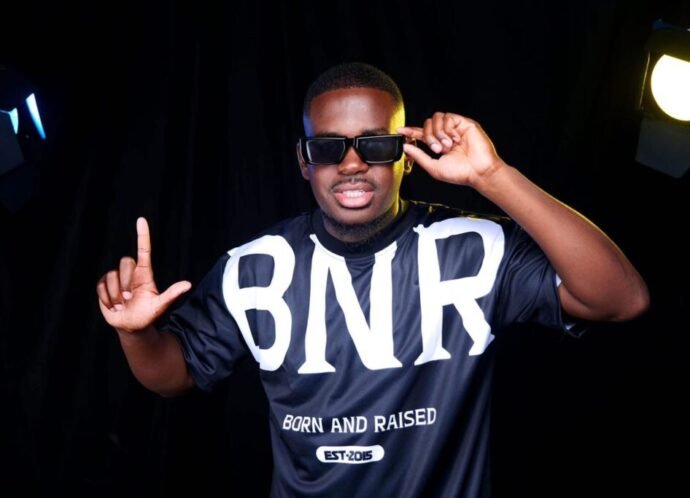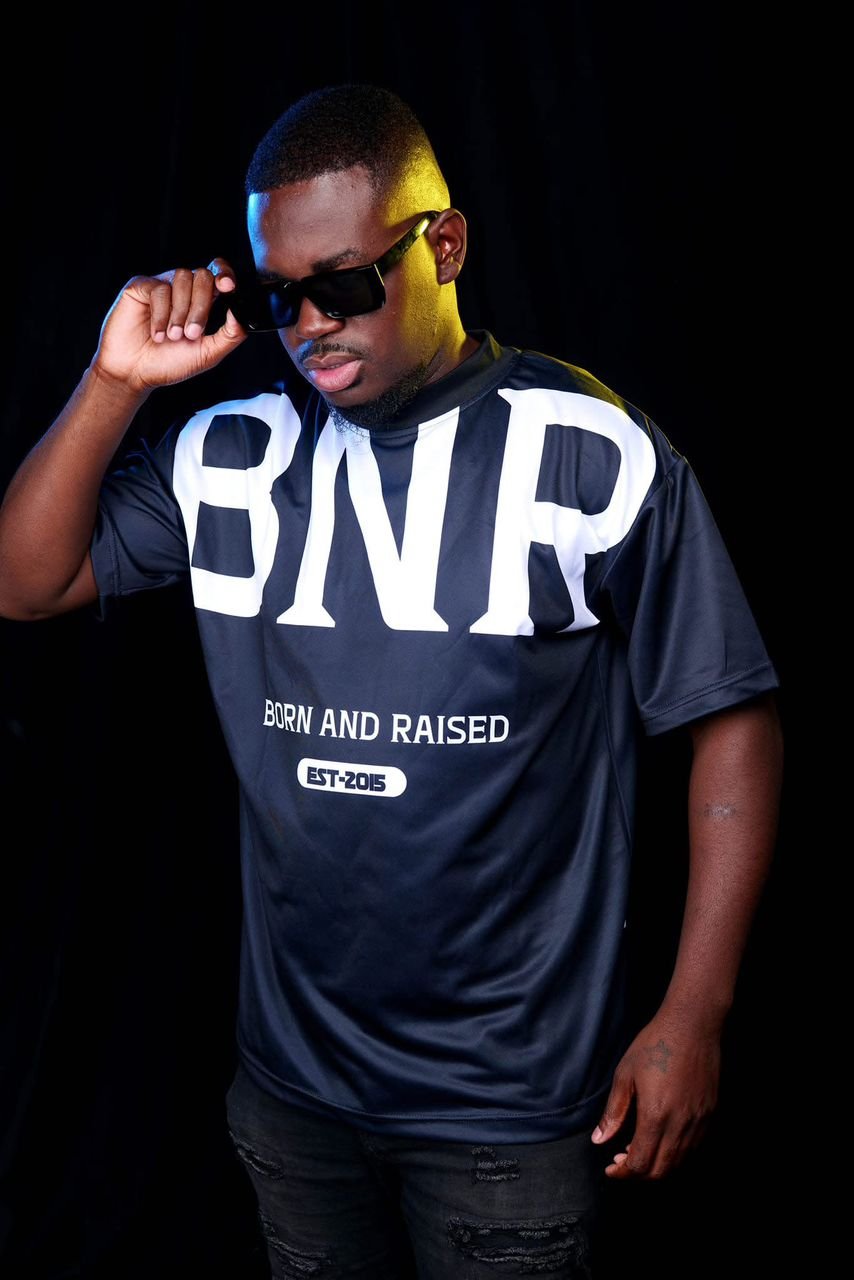Maga Zeep unpacks artist managers crucial roles

In the unpredictable world of entertainment, it’s easy for artists and DJs to fall into the trap of thinking they can go it alone. With direct messaging and social media, cutting out the manager or booking agent might seem like a smart move, more money in the pocket, more direct control.
But marketing consultant, artist manager, and certified music PR officer, Maga Zeep, has seen firsthand how this seemingly savvy shortcut can quietly sabotage an artist’s career in the long run.
A manager or booking agent is far more than just someone who finds gigs. They are professional buffer, shrewd negotiator, and, most importantly, an artist career’s vital filter.
When things inevitably go sideways, say a late payment, sound issues, or lighting glitches, manager knows how to handle it. They communicate challenges with diplomacy, ensuring artist needs are met without burning crucial bridges. They preserve professional image while an artist focuses on the art.
When artists try to handle these situations directly, it often goes south. Emotions get involved, professional language can fall short, and a minor issue can quickly escalate due to tone or misinterpretation. Imagine saying, “If the sound isn’t fixed, I’m not performing.” Valid point, perhaps, but it comes off as confrontational and can sour a relationship.

A manager, on the other hand, would say, “We’re experiencing some technical difficulties that could affect the performance. Can we please address this urgently so we can deliver the best show possible?” Same message, entirely different impact.
Clients also often feel more comfortable giving constructive feedback to a manager than directly to the artist, which keeps the relationship smooth and productive.
“I’ve heard it countless times. An artist is at the top of their game, the spotlight is bright, and they start thinking, “I don’t need a middleman. I don’t need a manager.” They start to see management as a burden, a drain on their earnings. But let’s be real, there isn’t a single industry in the world that operates without someone behind the scenes pushing things forward,” he said.
A manager isn’t just “hanging around.” A manager is actively out there hunting for bookings, diligently building the brand, tirelessly working to get an artist on the right lineups, and making sure their name stays relevant even when the initial hype begins to fade. They are the constant force driving the career forward.
“I’ve been there. I’ve managed people, helped build careers from the ground up, and seen artists explode onto the scene. And then, I’ve watched them turn around and say they can do it alone, undermining the very people who got them there. But after the industry inevitably humbles them, when the bookings dry up and the calls stop coming, many return, realizing the true value of what they dismissed. They come back and say, “I want to work with you again.”
Cutting out the manager isn’t just about saving a commission; it’s about sacrificing protection, diplomacy, and ultimately, longevity. Artists should be free to focus solely on their passion: creating, performing, and connecting with their audience. The business side, the negotiations, the brand development, the crisis management, that’s where a dedicated manager excels.
“This division of labor isn’t a weakness; it’s a strategic partnership that allows both sides to thrive. It’s how enduring careers are built and sustained. Let artists focus on the craft. Let managers manage the business. That’s how careers are built and sustained,” said Maga Zeep.





